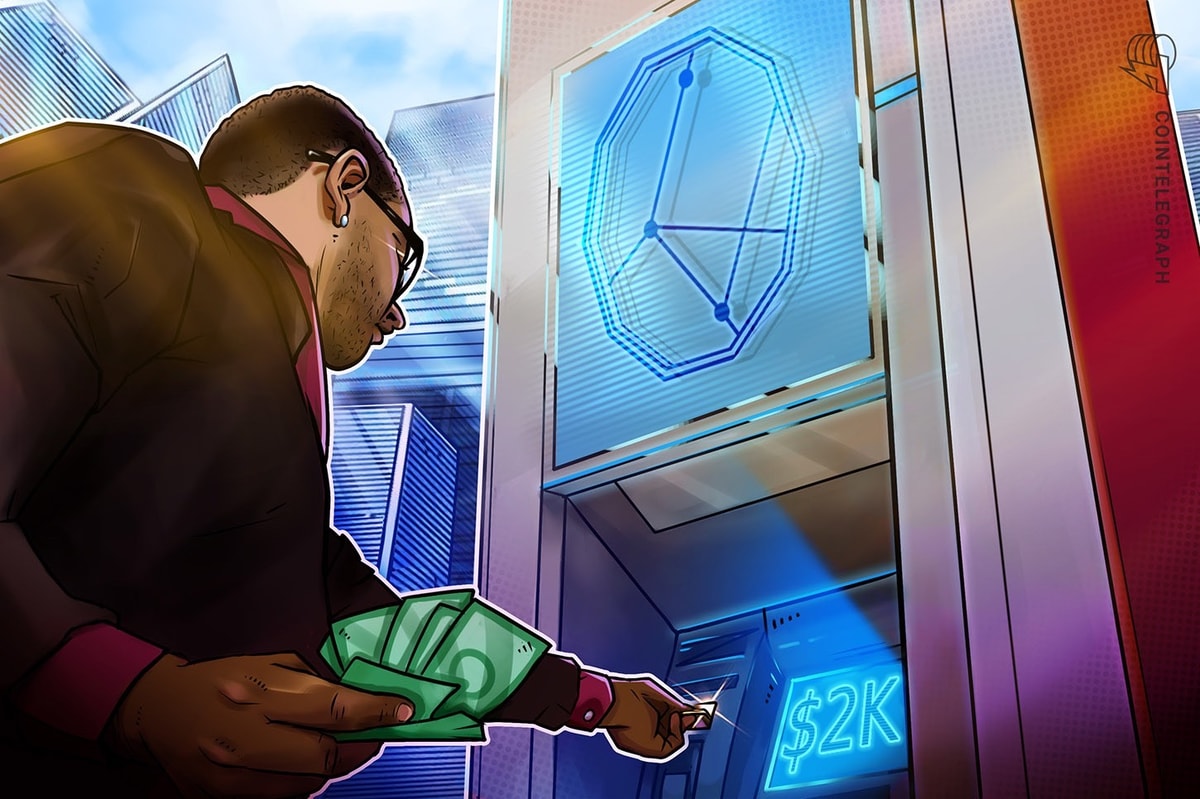Bitcoin ATM's have been popping up in cities all over the world during the last 12 months and so are companies that manufacture these machines. Like any new technology, however, the company that keeps their products on the cutting-edge and provides a wide range of services will be the most successful. Bank ATMs often allow not only withdrawals but additional services such as direct deposits and bill paying as well.
Eventually Bitcoin ATM's will have to offer the same range of services. Bitcoin is however quite different than fiat currency and those differences actually make it quite easy to add features. New Hampshire-based Lamassu is working on a solution to this problem and its Rakia Open-source Back-end system is the first step.
The company revolutionized the industry with its two-way Bitcoin ATM and now Rakia is being introduced to open the door for back-end developers. Lamassu has been known for providing cutting edge service with a solid manufacture's warranty to back up their products. The new add-on could completely change the playing field for the Bitcoin ATM industry and redefine how these ATM networks around the world are utilized by customers.
The base system allows customers to buy Bitcoin for fiat currency or receive fiat currency in exchange for Bitcoin: a two-way system. But one source inside the company reported that now operators will have total control over several different factors, such as pricing, fees, commissions and whatever background trading operations they wish to allow. The source also reported that the new system will support integration with “any relevant Bitcoin service or software.”
The company uses Lamassu's Santo Tirso stand in operating the two-way ATMs, enabling operators to develop their ATM infrastructure based on consumer demand and business concerns according to Lamassu CEO, Zach Harvey. Zach says that the company’s direction is geared towards providing a platform for thousands of small businesses rather than deal directly with the consumer.
Lamassu CEO Zach Harvey said in a press release:
“It’s important to note that we don’t plan to be the next Western Union, Moneygram or Travelex. We want to create a platform for thousands of small businesses to compete against these legacy financial institutions, and against each other.”
The equipment was designed to allow smaller businesses who not only want to accept Bitcoin but to function as a money transfer service thereby bringing down exchange and transfer fees for consumers. Harvey said that competition was desperately needed in this industry because fees have gotten so out of hand that it sometimes costs nearly as much to send as you want to send. The fact that Rakia is open-source gives developers the opportunity to develop even more tools in an open environment.











